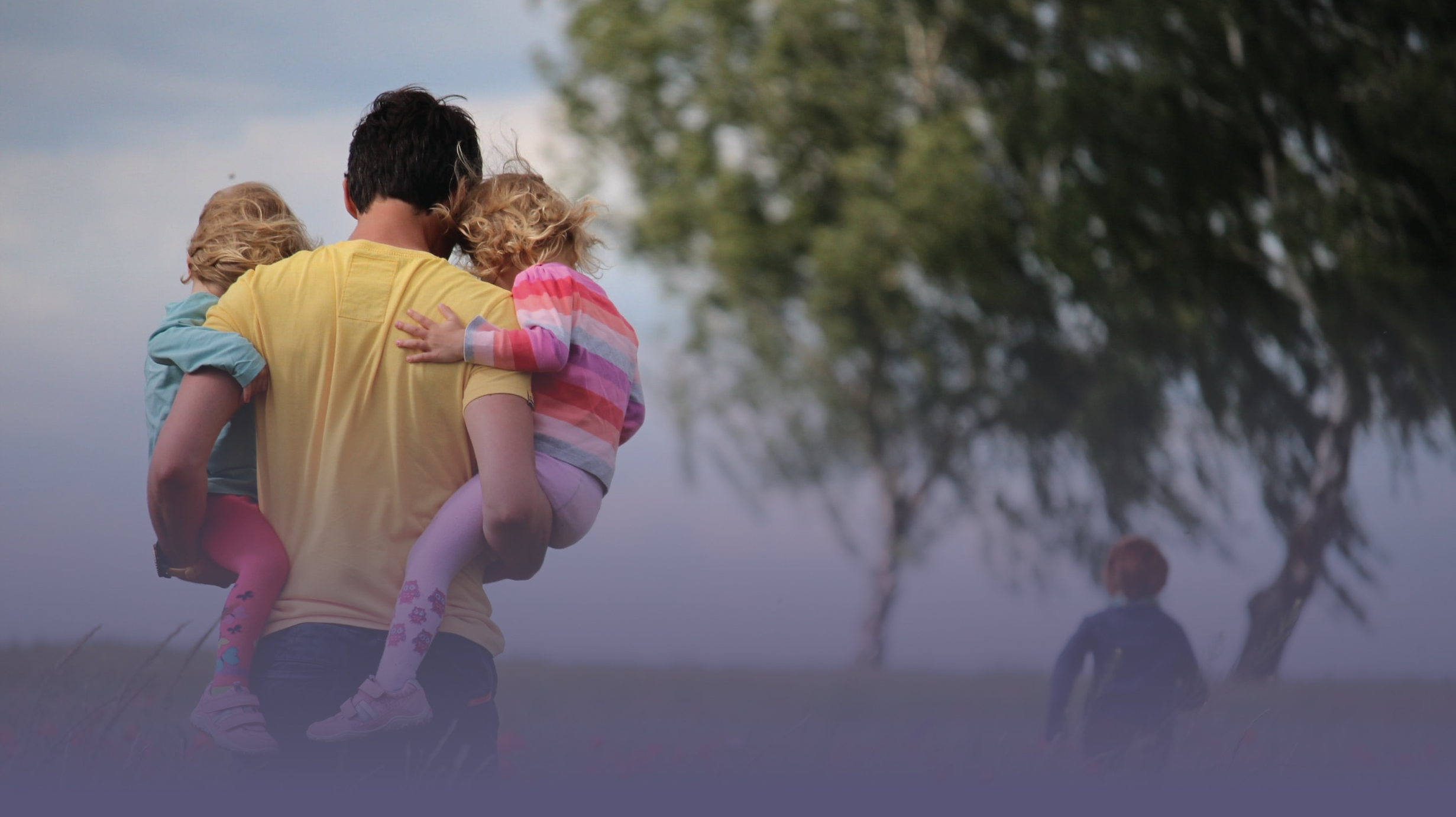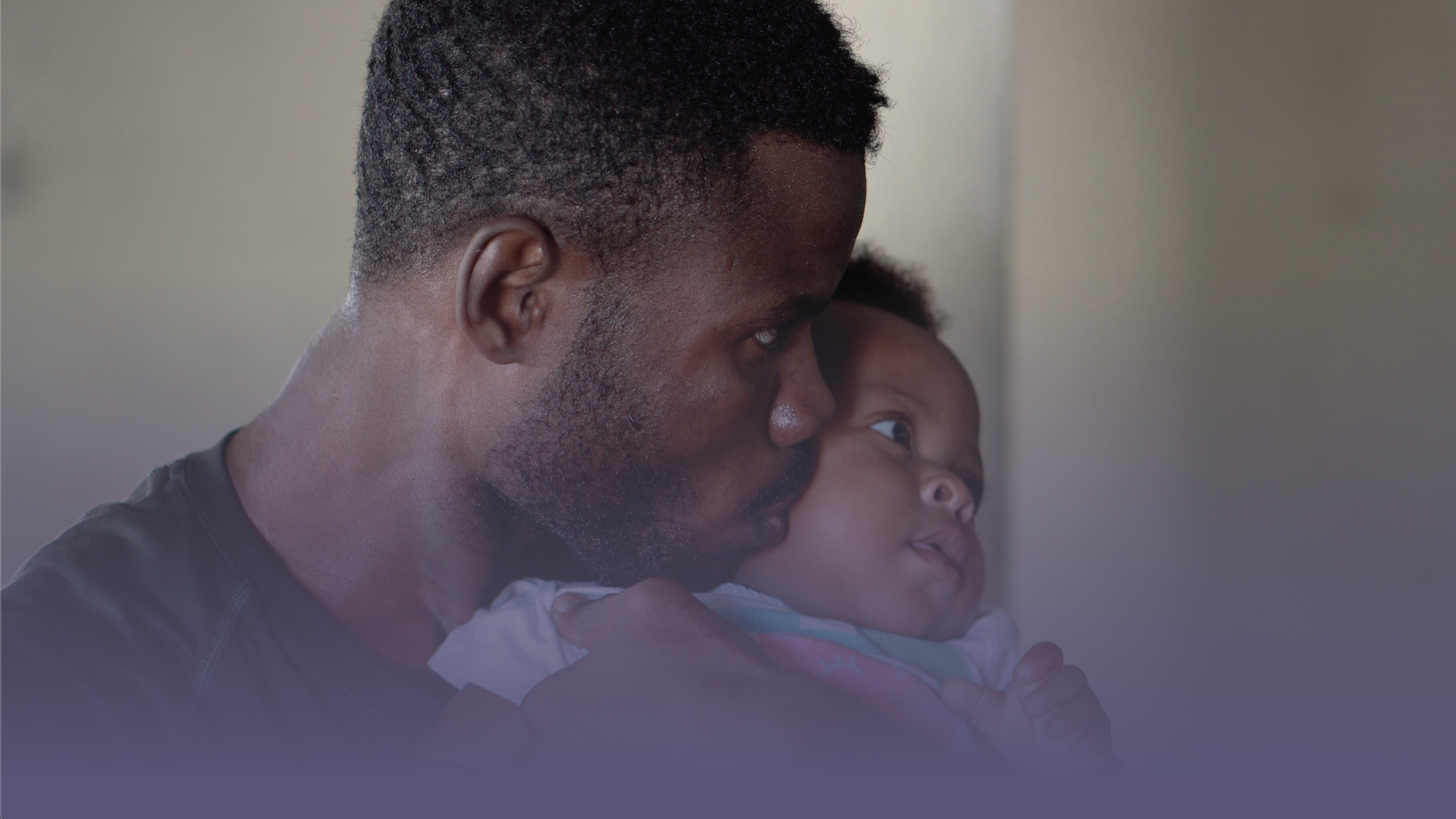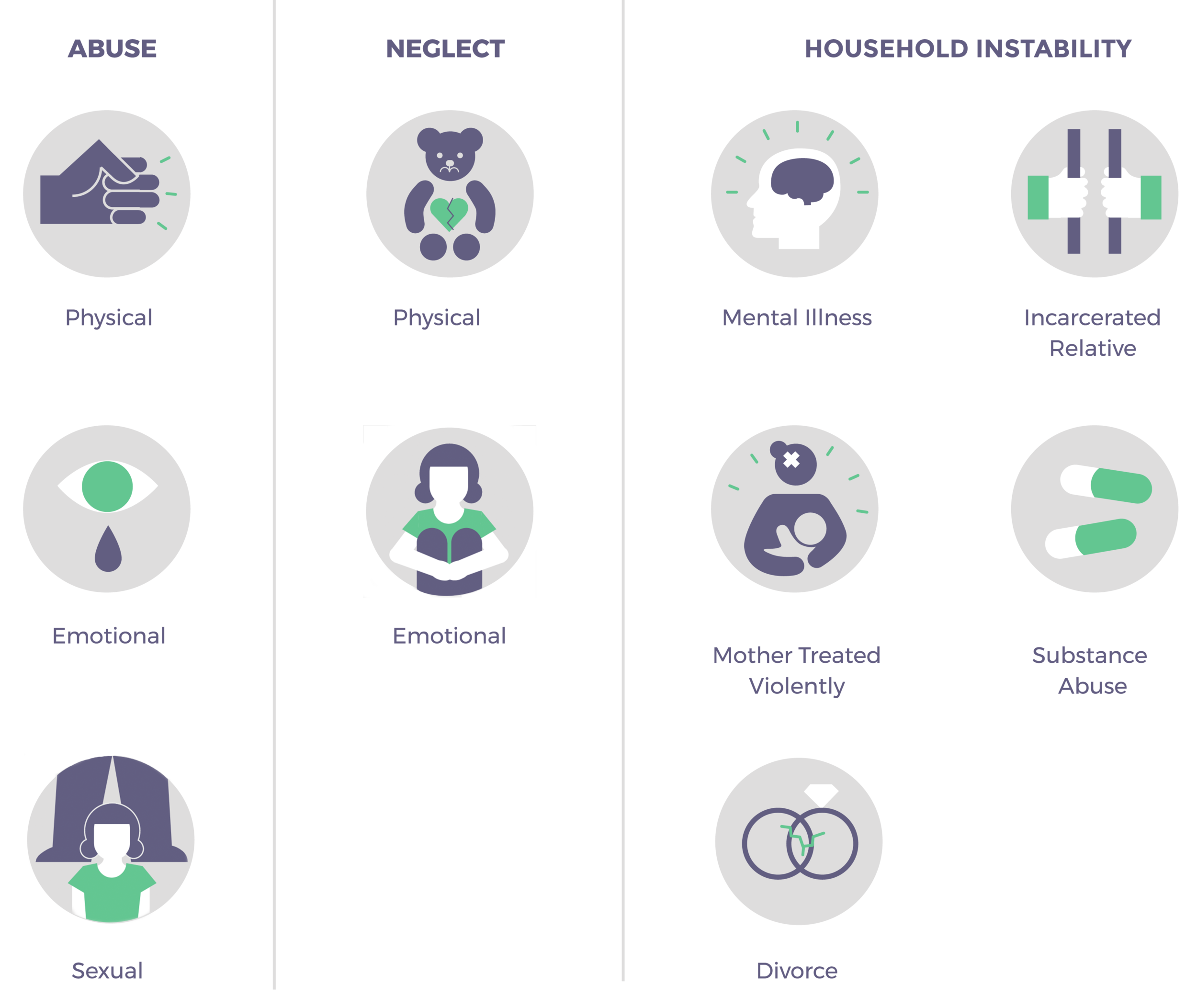What’s
Toxic
Stress?
The biological response to severe and/or repeated adversity absent the buffering support from a caring and trusted adult.
Please advise: this movie may trigger a stress response in you. If you need support after watching this, please reach out to the local Safe & Sound, 24-hour parent support line at (415) -441-KIDS (5437).
Toxic stress can harm a child’s developing brain and body.
If left unaddressed, toxic stress can affect growth, learning, behavior, immunity, and even genes. Kids who are exposed to very high doses of adversity without the support of loving and caring adults can have more than double the lifetime risk of heart disease and cancer and a nearly 20-year difference in life expectancy. They’re also at greater risk for depression, obesity, substance abuse problems, smoking, lung problems, and teen pregnancy, along with other chronic illnesses down the road.
If your child has been exposed to adversity, know you’re not alone. Roughly half of the children in the United states have had potentially life-altering traumatic experiences. But there’s good news: Research shows parents can be the most powerful force in preventing or even reversing the impact of toxic stress in their children. That’s why we’re on a mission to help.
What are the signs?
Types of Stress Response
The 10 Original Adverse Childhood Experiences (ACEs)
Risk Factors for Toxic Stress
Felitti VJ, Anda RF, Nordenberg D, Williamson DF, Spitz AM, Edwards V, Koss MP, Marks JS. Relationship of childhood abuse and household dysfunction to many of the leading causes of death in adults. The Adverse Childhood Experiences (ACE) Study. Am J Prev Med. 1998 May;14(4):245-58. doi: 10.1016/s0749-3797(98)00017-8. PMID: 9635069.)

What are the signs?
You know your kid best. So if something seems a bit off, it’s worth paying attention.
If you notice your young child is having sleep issues, complaining of frequent headaches or tummy aches, crying more than usual, becoming extra clingy, regressing to bed-wetting or baby talk, having trouble making friends, or developing new fears, he or she could be suffering the effects of toxic stress.
In school-age kids and teens, common signs of toxic stress include:
Poor coping skills
Behavior and learning difficulties
Mood swings
Sleep issues
Overeating and other compulsive behaviors
Fear and anxiety triggered by places or people that remind them of past trauma
These are not the only possible symptoms of toxic stress, but they provide important clues that your child may need help.
Frequent illness can be another sign of trouble. Although children often fall ill because their immune systems are still growing and they spend lots of time passing germs back and forth with other kids, those experiencing toxic stress are especially likely to get colds and other infections. They are also at higher risk for health conditions like asthma, and they may not mature physically and mentally at the same pace as other children.
How toxic stress affects children’s bodies
Here’s how toxic stress can affect children’s bodies.
The brain
Toxic stress can make it harder for children to sit still, pay attention, and learn. It can affect other behavior, too, causing children to have trouble with things like remembering rules or thinking before acting. It can also affect a child’s moods and feelings.
The heart
Toxic stress can increase a person's risk of developing high blood pressure. It also promotes inflammation, a condition that can damage the arteries starting at a young age. Over time, high blood pressure and inflammation can lead to heart disease, stroke and other serious health issues later in life.
Immunity
Toxic stress can make it harder for bodies to fight off infection and illness. For example, children may have more frequent colds and ear infections or health conditions like eczema or asthma.
Hormones and development
Toxic stress can impact growth and development. It can also lead to obesity and changes in the timing of puberty, as well as other issues.
Protecting your children from toxic stress
When caregivers consistently care for children and offer support, children feel safe. This feeling of security helps protect against or even reverse the effects of toxic stress. Other protective factors for your child include eating healthy food, getting regular exercise, getting a good night’s sleep, practicing mindfulness, and getting mental health support when needed. Together, these factors help lower the stress response and help your child regain his health and vitality.

Is my child at risk?
You know your kid best. So if something seems a bit off, it’s worth paying attention.
When we talk about Adverse Childhood Experiences, or ACEs, we don’t mean “I was nervous about a test” or “I played badly in my soccer game.” We’re talking about experiences that can be life-altering for a child – things like emotional or physical abuse, neglect, parental addiction and mental illness. If your kids have experienced ACEs, they may be at risk for toxic stress. But even if this is the case, don’t panic! There’s a lot you can do as a parent to reverse the effects of ACEs and toxic stress. Knowing what’s happening is the first step to getting help. And the earlier you’re able to help a child, the better the outcome over the long run.



